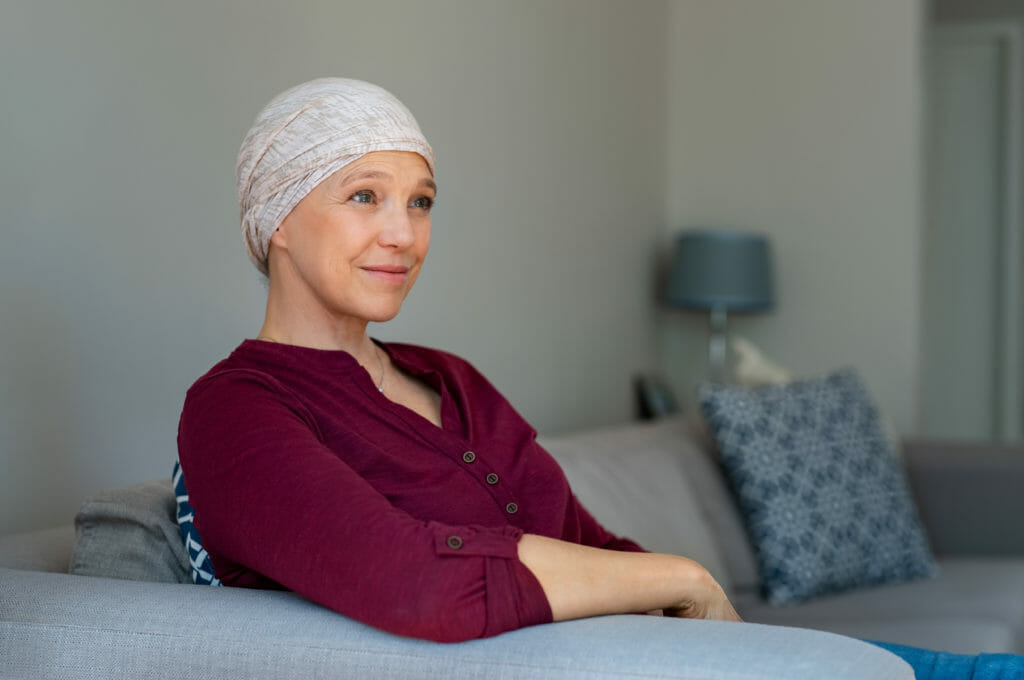Europe’s Beating Cancer Plan Roadmap: SNE calls for nutritional care to be an integral part of cancer care
Brussels, 5 March 2020: Specialised Nutrition Europe (SNE) welcomes the European Commission’s initiative on the European Beating Cancer Plan. Cancer is one of the leading causes of mortality and contributes to 20% of the total disease burden in Europe.
Treatment targets cancerous cells and tumours, however it should also include measures against cancer-related symptoms, such as pain, fatigue and malnutrition with the aim of improving quality of life of patients and survival. 1 in 3 cancer patients are at risk of malnutrition: malnourished patients may experience inter alia organ damage; immune system dysfunction and lean muscle loss. They have a significantly increased risk of infections & complications, leading to diminished tolerability of chemotherapy, and impact on overall survival. The cost of their care increases placing a significant burden to healthcare systems. Malnourished cancer patients are more frequently hospitalised, and experience longer hospital stays (+3 days). In addition, it is estimated that the cost of not treating malnutrition in cancer costs at an additional €17 billion/year in the EU.
As also highlighted by a recent WHO report, appropriate nutritional care helps cancer patients cope better with their illness and treatment. Nonetheless, cancer-related malnutrition often remains underdiagnosed and undertreated in current clinical practice.
Where patients are unable to sufficiently feed themselves, medical nutrition helps sustain patients during treatment. However, a recent study shows an overwhelming majority of cancer patients not being screened for nutritional status, nor receiving information on nutritional support (including artificial nutrition) or cachexia (disease induced muscle wasting syndrome and extreme weight loss) from their health professionals.
SNE calls for a transformation of current oncology care models as follows:
- Education on malnutrition & nutritional care in cancer treatment for healthcare professionals & cancer patients. Integrating curricula on medical nutrition in the training of healthcare professionals, education & awareness around nutritional interventions and supportive care will increase the survival chances, reduce hospital stays and provide cost-savings to the healthcare budgets. The EU should provide funding support for health literacy projects focused on patient education & for developing up-to-date educational modules for healthcare professionals & foster best practice sharing among countries.
- Diagnostic/therapeutic approaches to be delivered by a multidisciplinary team, including a dietitian/nutritionist. While it represents the cornerstone of an integrated patient care, this is not the reality of care delivery in the EU today.
- Mandatory screening for malnutrition at diagnosis & follow-up throughout treatment to provide timely nutritional care for all cancer patients. Nonetheless, only Scotland and the Netherlands established mandatory screening for malnutrition in cancer patients.
- Implementation of existing clinical guidelines on nutritional care for cancer patients in routine treatment protocols, including timely use of medical nutrition (The European Society for Clinical Nutrition and Metabolism & the European Society for Medical Oncology (guidelines under development).
- Equal access to nutritional care for all patients; reimbursement of medical nutritional interventions by national healthcare systems.
SNE is looking forward to the next steps in the implementation of the European Beating Cancer Plan initiative!
For more information:
MNI and SNE call for nutritional care to be an integral part of cancer care
About SNE
Specialised Nutrition Europe (SNE) is the voice of the specialised nutrition industry across Europe. SNE members are the national associations of 19 European countries including a majority of EU states and their members are the companies producing tailor made dietary solutions for populations with very specific nutritional needs. These include: infants and young children, patients under medical supervision, sportspeople, overweight and obese consumers, and those suffering from coeliac disease.

